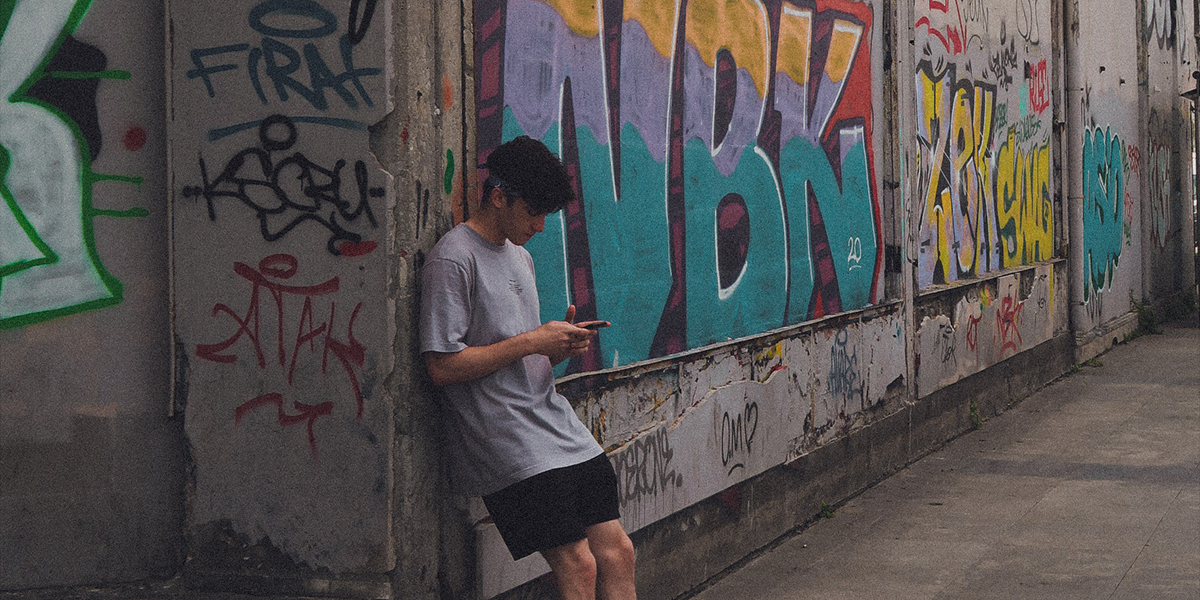When the COVID-19 pandemic triggered global lockdowns the world turned to social media apps to stay connected with their friends and family.
Discord – an encrypted text, voice, and video app used by tens of millions of people worldwide – exploded in popularity.
For those unfamiliar with the social media app, it’s kind of like WhatsApp, but with a twist. Instead of carrying out mostly two-way conversations, Discord facilitates the gathering of larger communities who can bond over fun, shared interests like gaming via group chats or ‘channels’ – anonymously.
But as we know, the internet can be a dark place – and recent reports of a secret Discord channel of more than 150 participants – mostly students or former students from Sydney high schools Knox Grammar, North Sydney Boys High, and James Ruse Agricultural High School have shocked Australia.
In the private group titled ‘Gang Gang’ members shared rape fantasies, anti-Semitic, violent misogynistic and homophobic content that NSW Jewish Board of Deputies CEO Darren Bark said was “grossly offensive”.
The messages were so ‘vile’ that many news media and content producers refused to publish them. The Daily Telegraph handed over the messages and videos they uncovered to the NSW Police’s Child Abuse and Sex Crimes unit, however the police said nothing in the chats constituted child abuse material.
The scandal however has revealed the pitfalls teenagers can fall into when their group chats go toxic and when they think privacy equals anonymity. As countless more experienced adults have found, anything you put into a private group chat or a private message you should be prepared to be aired publicly.
This is what has made Discord appealing to young people. Because they’ve grown up in an era where they’re accustomed to attaching their real name and picture to their social media profiles, Discord bringing back old 2000s-style forum culture with usernames and avatars is presenting a novelty many are not totally used to – anonymity.
This perceived anonymity in private chat channels on Discord is lulling many young people into a false sense of security about what they can post online. And it’s a lesson some are learning the hard way, that privacy does not always equal anonymity. Those involved in the Gang Gang group chat reportedly used their school email addresses to sign up to it, creating a link to their real identity.
Teenagers trying to outdo each other for shock value is nothing new, but what is new is the increasingly permanent record they leave in their efforts to do so. From videos posted online instantly to their thoughts etched in digital ink, some, like those in the Gang Gang group chat, are leaving a trail they will one day truly regret, if they aren’t already.
And while social media has given teenagers an unparalleled, always-on space to banter with each other, today’s smart phone tech like screenshotting has also given a way for it to be readily exposed. And out of a group chat of 150 people, it takes just a leak from one person to unravel it all.
With teenagers rarely able to see the long-term ramifications of their actions, “nothing is private on the internet” is wisdom which needs to be hammered home by parents.
If you’d like to report image-based abuse to police or get help removing an intimate image from social media, reach out to the Australian eSafety Commissioner here.
You can report instances of racism or discrimination to the Australian Human Rights Commission on 1300 656 419 or lodge a complaint online. You can also call the QLife LGBTI peer support hotline on 1800 184 527 or chat online.






